
On July 30, Jinfeng Laboratory held an academic salon meeting on "I'll talk about my topic" and set up two links: sharing and exchanges among scientific researchers and optimization and discussion on scientific research management, aiming to promote internal academic collision and management efficiency improvement. A total of 65 representatives of the laboratory research team and staff of the research management team participated in the event.
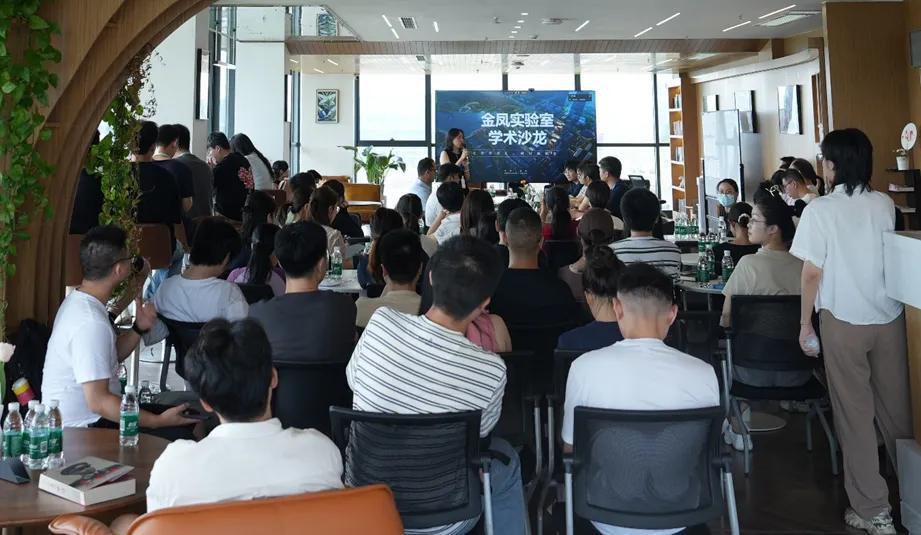
Focus on the frontier: sharing and exchanges among young backbone
During the sharing and exchange of scientific researchers, five young scientific research backbones shared the latest progress and future plans of their respective projects in turn.
Dr. Zhang Xing from Weihong's research group systematically analyzed the research path of translational medicine in the intestinal microbiome: locking down abnormal bacterial flora in clinical samples → establishing the causal relationship between enteric bacteria transplantation and disease phenotype through sterile animal models → using culture omics to screen and verify functional strains → promoting clinical transformation of live biological drugs. The team focused on cutting-edge fields such as probiotics and tumor microorganisms, established a two-level enrichment research model, with precise enteric bacteria transplantation and live bacteria drug development as the core goals. At the same time, the team introduced the construction of sterile animal models and related technical platforms.
Dr. Umar from Chang Zhijie's research group deeply explored the functional mechanism of the Crept gene in glioblastoma. This oncogenic protein promotes transcription by forming chromatin loops and plays a core role in the G1/G2 phase of the cell cycle. Its abnormally high expression in advanced gliomas is significantly related to the adverse prognosis of patients. Research has found that Crept mediates tumorigenesis through specific signaling pathways, affecting cytokine secretion and immune cell function. The targeted antisense oligonucleotide designed by the team significantly inhibits tumor growth in both internal and external models, opening up new paths for cancer treatment.
Dr. Zhang Dapeng of Qin Jun's group shared research on colorectal cancer tumor immunity, as well as detailed the experience of projects from conception to approval in the city's science and technology bureau. He proposed that the team has rich digestive tumor samples and serum for cooperation, some projects in the research group urgently need strong computing power support, and the clinical transformation of small molecule drugs urgently requires medical screening cooperation, and look forward to cross-team communication and guidance.
Dr. Zhou Chile and Dr. Zhang Qiaoqiao from Wang Bin's research group revealed the regulatory mechanism of phase separation in the occurrence and development of gastric cancer, explained the intrinsic relationship between phase separation and disease, and found that specific genes affect the progression of gastric cancer through phase separation. The team plans to develop targeted drugs, looking forward to collaborative innovation with teams in the field of phase separation mechanism research and drug research and development, and can provide hundreds of valuable gastric cancer tissue samples and related shared data for cooperation.
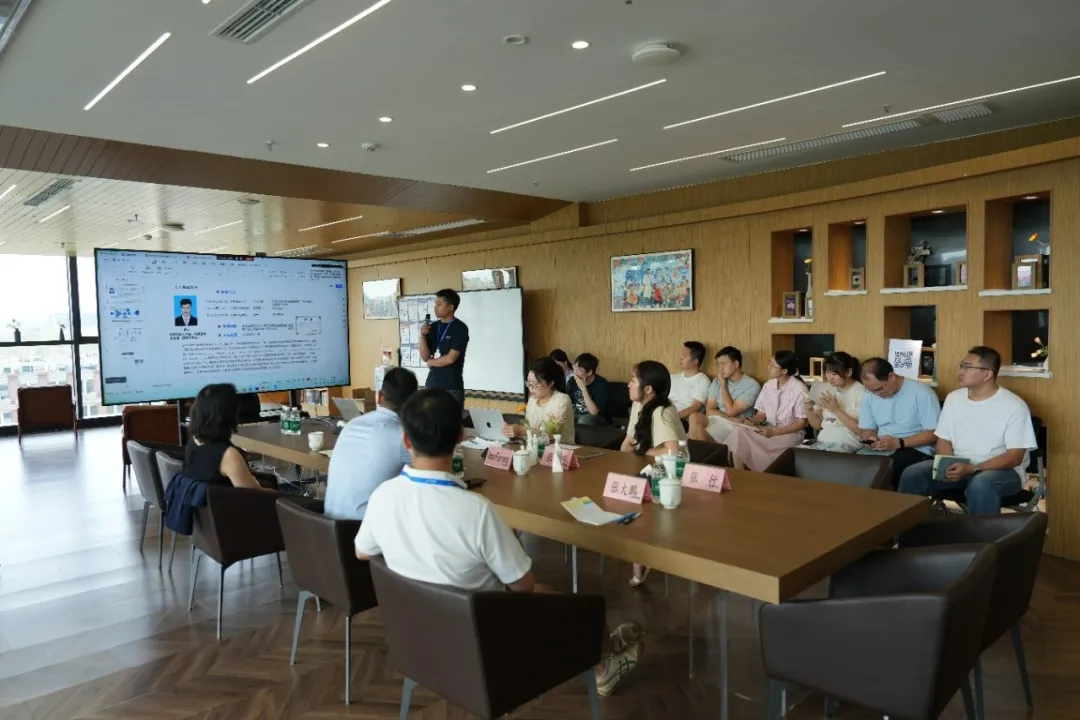
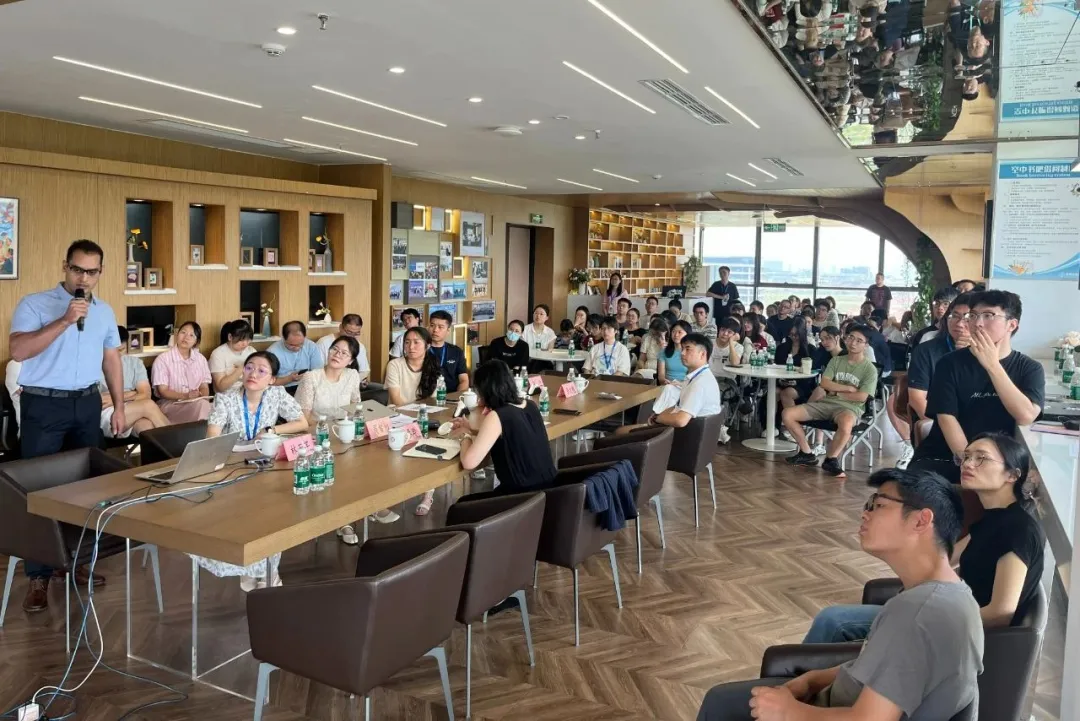
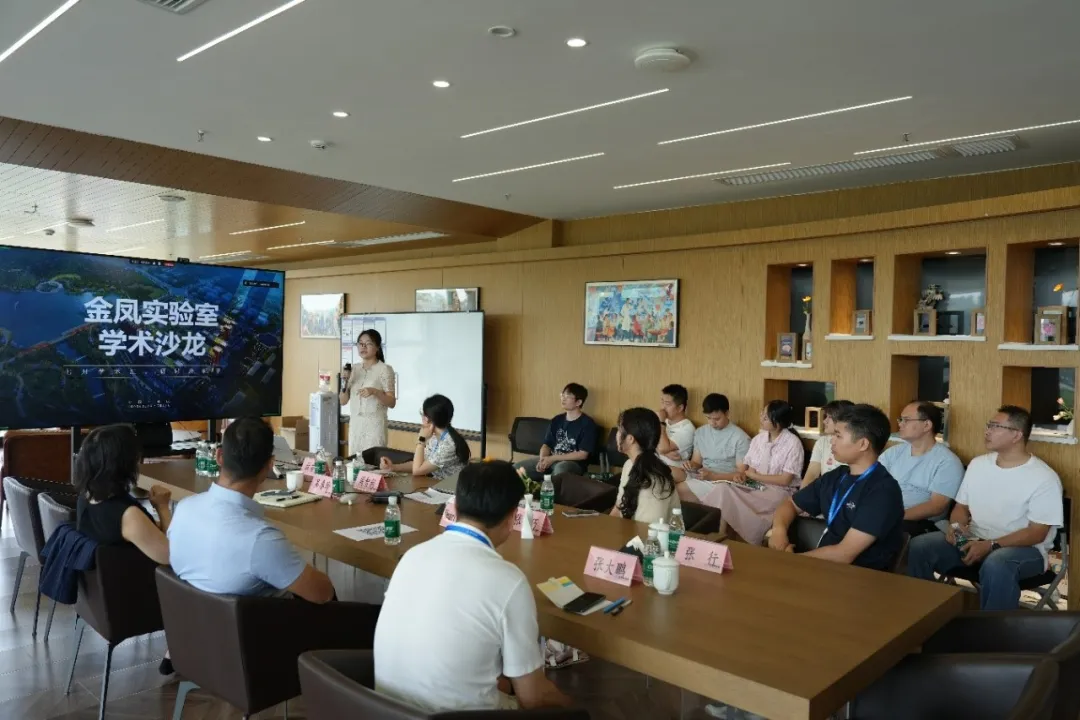
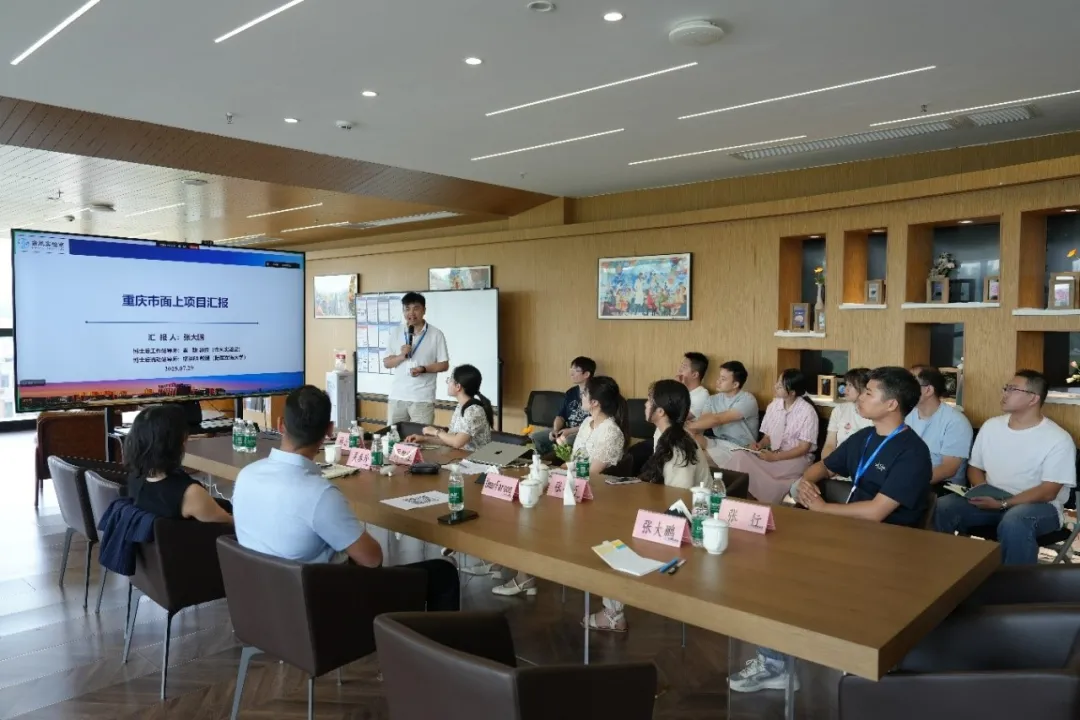
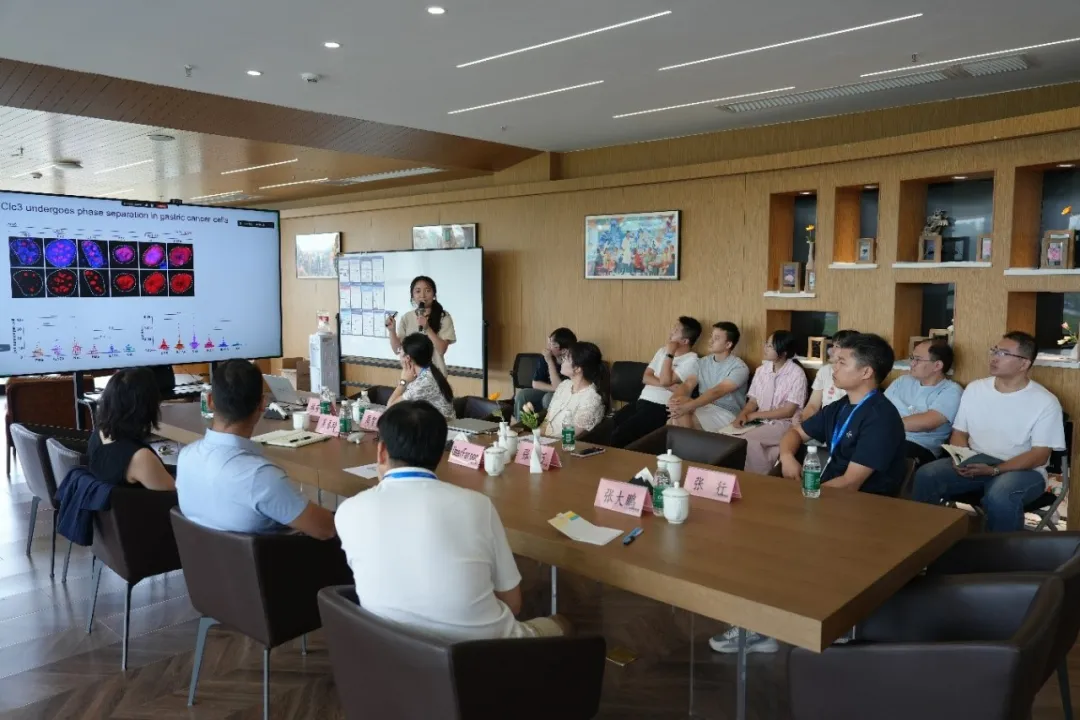
Management efficiency enhancement: build a "scientific research worry-free" environment together
During the research and management optimization discussion session, the laboratory widely solicited opinions and suggestions from front-line scientific researchers. In response to the proposed opinions and suggestions on reagent and consumables procurement, platform instrument management, and inter-department coordination, the scientific research management team responded one by one. They will make full use of the "laboratory brain" system to strengthen the integration of information resources, strengthen coordination and cooperation among departments, further optimize the platform instrument management process, establish a demand hierarchical response system, continuously improve management efficiency, create a good environment for "scientific research without worries", and promote scientific researchers to focus on scientific research.
As the first "Chongqing Laboratory", Jinfeng Laboratory shoulders the important mission of the "experiment field" of reform and development of new scientific research institutions and the "pathfinder" of Chongqing laboratory construction and operation. This academic salon activity not only provides a stage for young scientific research backbone to showcase their achievements and collide with ideas, but also builds a bridge for efficient communication between scientific research and management. In the next step, the laboratory will continue to hold such activities to further stimulate innovation vitality, optimize the scientific research ecology, and contribute greater strength to promoting the formation of more innovative achievements with Chongqing recognition.